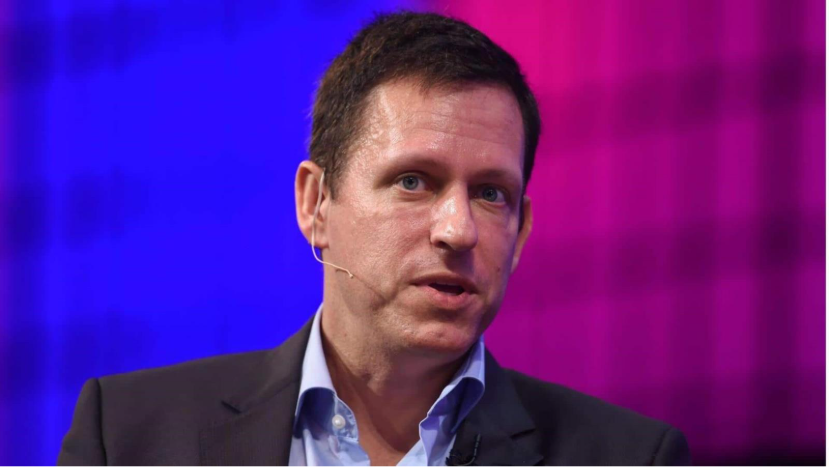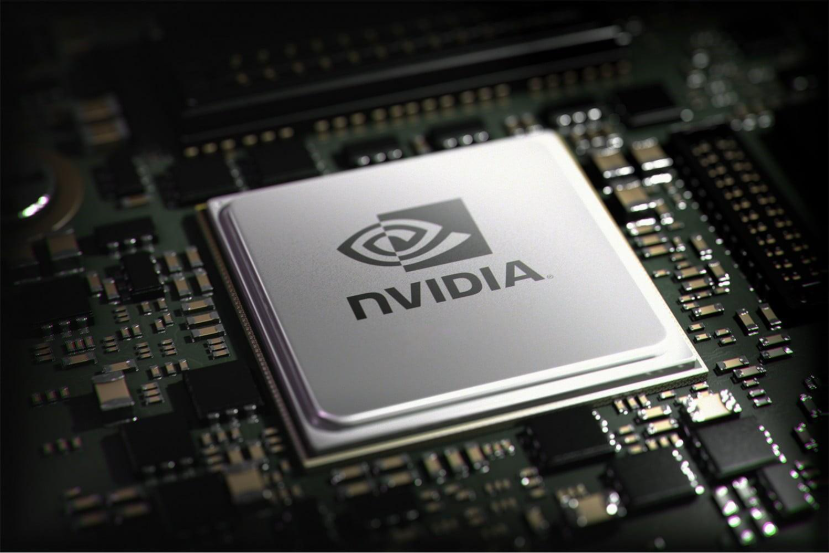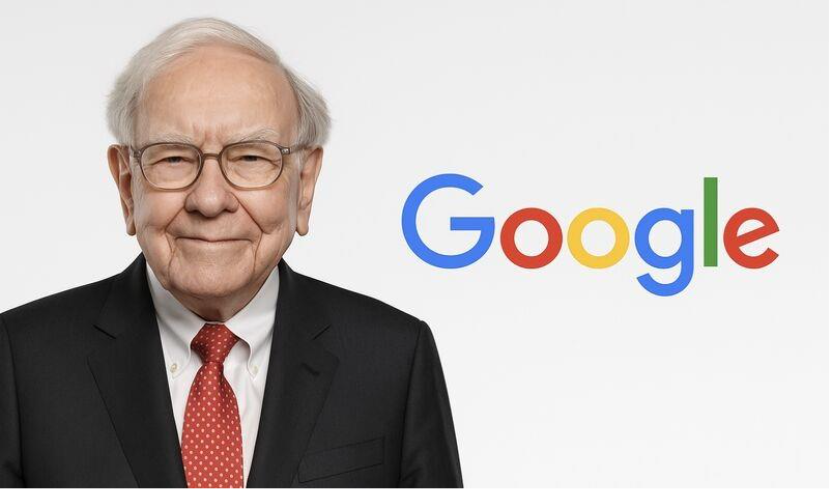
One of Silicon Valley’s most influential investors, Peter Thiel, has exited Nvidia completely through his fund Thiel Macro LLC, selling all 537,742 shares in the third quarter. This full liquidation is particularly eye-catching because Nvidia accounted for as much as 40% of the fund’s portfolio weight in the previous quarter. In tandem with the Nvidia exit, the fund also slashed its total US equity holdings from around USD 212 million to USD 74.4 million.
Why billionaire Peter Thiel sold his entire stake in NVIDIA

(Image from the internet)
At the same time, Bridgewater Associates, one of the world’s largest hedge funds, cut its Nvidia position by nearly 4.72 million shares in Q3, reducing its holdings by 65.3% compared with the end of Q2. Japan’s tech-investment giant SoftBank Group completely liquidated its Nvidia stake as well, cashing out about USD 5.8 billion. Multiple top-tier institutional investors are paring back exposure in unison, sending a clear cautionary signal to an overheated AI market.

The fund's @nvidia stake (537,742 shares in total) had accounted for around 40% of Thiel Macro LLC's entire portfolio. #PeterThiel #Nvidia #Stakes #AI #AIStocks
(Image from the internet)
Michael Burry, the investor famous for predicting the 2008 subprime mortgage crisis, has disclosed a large short position in Nvidia. Peter Thiel has publicly warned that the hype cycle in AI is running ahead of real economic returns, drawing parallels between today’s market frenzy and the dot-com bubble of 1999.
Buffett moves the other way – building a position in Google’s parent

While tech stocks are facing broad skepticism, Warren Buffett’s Berkshire Hathaway went on a buying spree in the third quarter, building a sizeable position in Google’s parent company Alphabet. Berkshire purchased 17.9 million Alphabet shares, which were worth about USD 4.9 billion at the end of the quarter, instantly making Alphabet one of its top ten US equity holdings. After the news broke, Alphabet’s share price jumped 4.06% in after-hours trading.
Warren Buffet invests in Google 💫 In an unusual move, Berkshire Hathaway has purchased Alphabet stock for $4.3 billion. This makes Alphabet one of Berkshire's top 10 holdings. They rarely invest… | Joseph Michael | 68 comments
(Image from the internet)
In contrast to building a new position in Alphabet, Berkshire cut its Apple holdings by about 41.79 million shares in the third quarter, marking the second consecutive quarter of Apple share sales. So far, Berkshire has sold nearly three-quarters of the more than 900 million Apple shares it once held.
For Buffett, who has always adhered to value investing and long avoided tech companies, the move into Alphabet is surprising. In fact, at Berkshire’s 2019 annual shareholder meeting, Buffett and the late vice chairman Charlie Munger both expressed regret over not investing in Google earlier. At the time, Buffett noted that Google’s advertising model had clear similarities to the success formula of GEICO, the auto insurer owned by Berkshire.
Google’s valuation advantage
From a valuation perspective, Google indeed looks more attractive than many of its peers. Its 1-year forward P/E stands at 18.0x, a 13.1% discount to its 3-year median P/E of 20.8x. Versus comparable companies, it trades at roughly a 43% discount to the sector median of 31.5x. Compared with Google’s typical 33% discount over the past year, this current valuation gap is significantly narrower.
On the fundamentals side, although Google faces challenges from a declining share of the digital advertising market, it still commands around 90% market share in search. In the third quarter of 2025, revenues from Google Search and other services grew 14.5% year-on-year to USD 5.657 billion. AI Overviews and AI Mode are now available in more than 40 languages worldwide, with over 75 million daily active users.
Meanwhile, its cloud business is also expanding rapidly. Alphabet’s Google Cloud unit is benefiting from surging AI-related demand, with third-quarter revenue up 34% year-on-year. Google Cloud’s backlog jumped 46% quarter-on-quarter in Q3 2025, reaching USD 155 billion. More than 70% of existing Google Cloud customers are now using its AI products.
A new market narrative: from chasing growth to re-rating value
Concerns about an AI bubble are not baseless. So far this year, US AI companies have issued more than USD 200 billion in debt. Tech giants including Google, Meta and Oracle have all joined the debt-issuance wave to finance AI infrastructure. However, a report from Barclays notes that Oracle’s capital spending to fulfill its massive AI contracts has already far exceeded what its free cash flow can comfortably support.
In this environment of high uncertainty, platform-type companies with diversified revenue streams, large cloud businesses and mature software services are increasingly favored. After liquidating Nvidia, Peter Thiel redirected capital into Microsoft and Apple, reflecting his view that platform companies with multiple revenue engines tend to be more resilient across economic cycles.
Against the backdrop of an AI investment boom coexisting with rising debt risks, Google’s relatively reasonable valuation lines up neatly with Buffett’s value-investing philosophy—and that alignment may well represent the new market logic that drives investor behavior in the period ahead.








